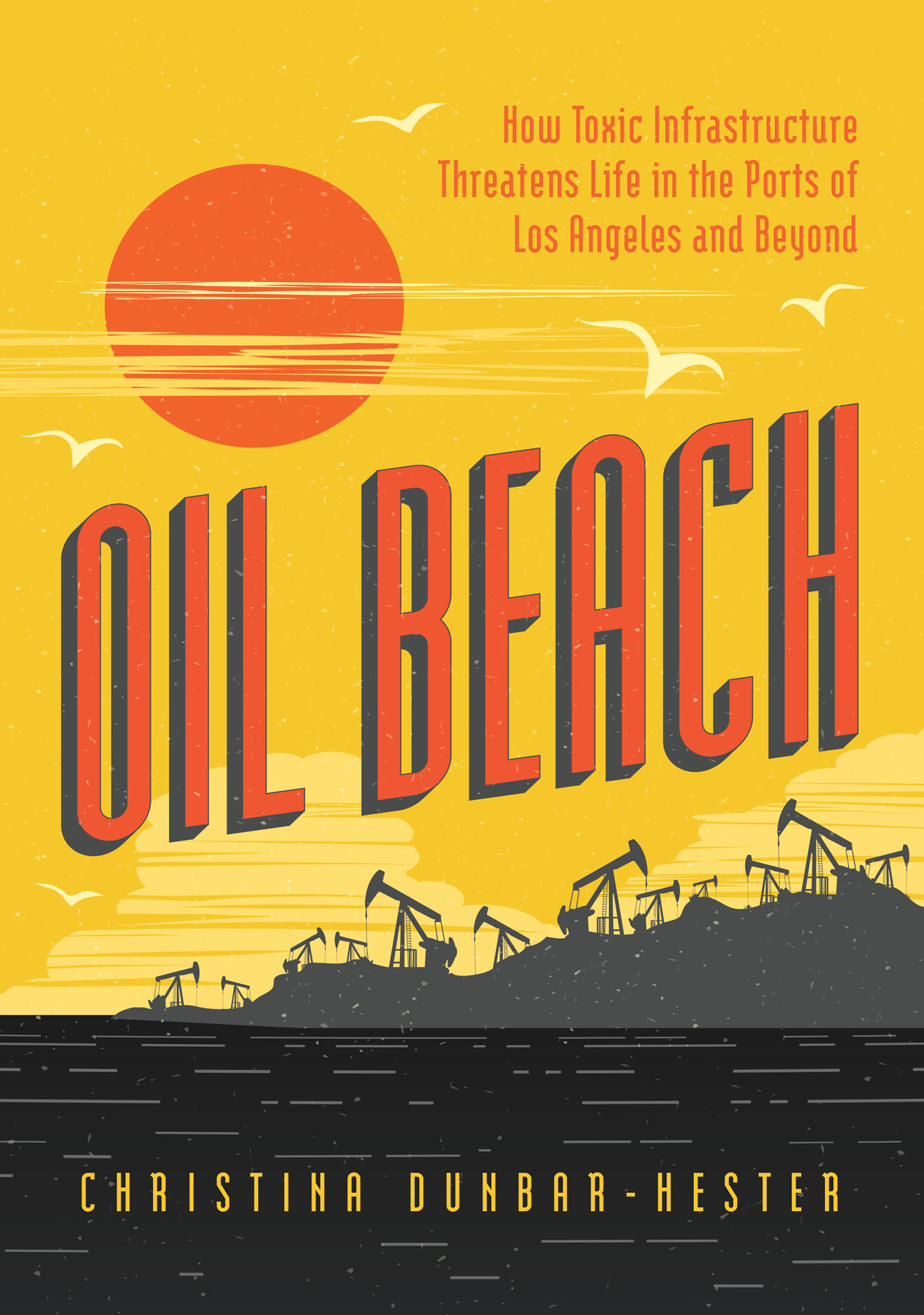Wow, they should have named that city "Old Oil Field Beach" instead of "Huntington Beach"
Post
@ai6yr
I like to think I came fairly close with this book (about San Pedro Bay, just up the coast from Huntington)
https://press.uchicago.edu/ucp/books/book/chicago/O/bo185167017.html
@inquiline Ha! Someone just recommended your book earlier!
Wow, never saw THIS photo before!
h/t jacksonp42 over on Bsky
https://www.latimes.com/california/story/2021-10-11/huntington-beach-and-oil-long-history
(For anyone who might not know)
California has a digital collections archive and an image archive. They are a bit difficult to search and browse.
and
https://www.library.ca.gov/california-history/pictorial-resources/
and
@ai6yr there's a book
https://press.uchicago.edu/ucp/books/book/chicago/O/bo185167017.html
By @inquiline I think
@ai6yr One of the many things that fascinated me when I lived in SoCal in the 2000s was how many little oil rigs I could still spot in residential neighborhoods around greater LA, just pumping away in little fenced-off areas amidst the backyards and side streets. I dunno if it's geophysically possible for the whole darn LA basin to liquefy to a morass of tarry oily muddy sludge in the next big earthquake, but the thought did cross my mind a number of times then and since.


